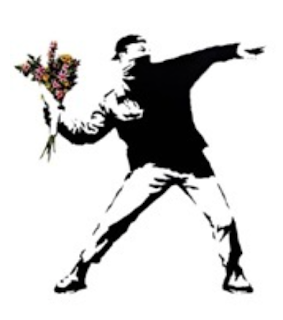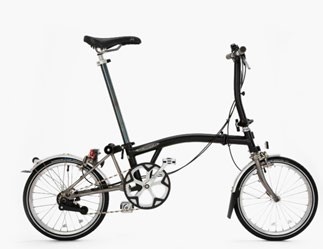An £8,000 Instagram giveaway promoted by Love Island contestant Molly-Mae Hague, breached the UK Advertising Standards Authority’s (ASA) promotion rules, a recent decision of the ASA has determined.
In September 2020, Ms Hague (who has more than 5 million followers on Instagram, and 1.5 million subscribers on YouTube), offered one of her followers the chance to win approximately £8,000 worth of luxury designer goods, including handbags, a laptop and products from her fake tan range. To enter, her followers were asked to like the Instagram post, tag a friend and follow her personal Instagram page, the Instagram page of her tanning brand and to subscribe to her YouTube channel.
The Instagram post in question was liked close to 1.2 million times and attracted almost 3 million comments.
After the giveaway, the ASA received 12 complaints from individuals who believed that not all of the entrants were included in the ‘final draw’ and so did not have an equal and fair chance of winning. The complainants challenged whether: (i) the prize was awarded in accordance with the laws of chance; and (ii) the promotion was administered fairly.
Read More



